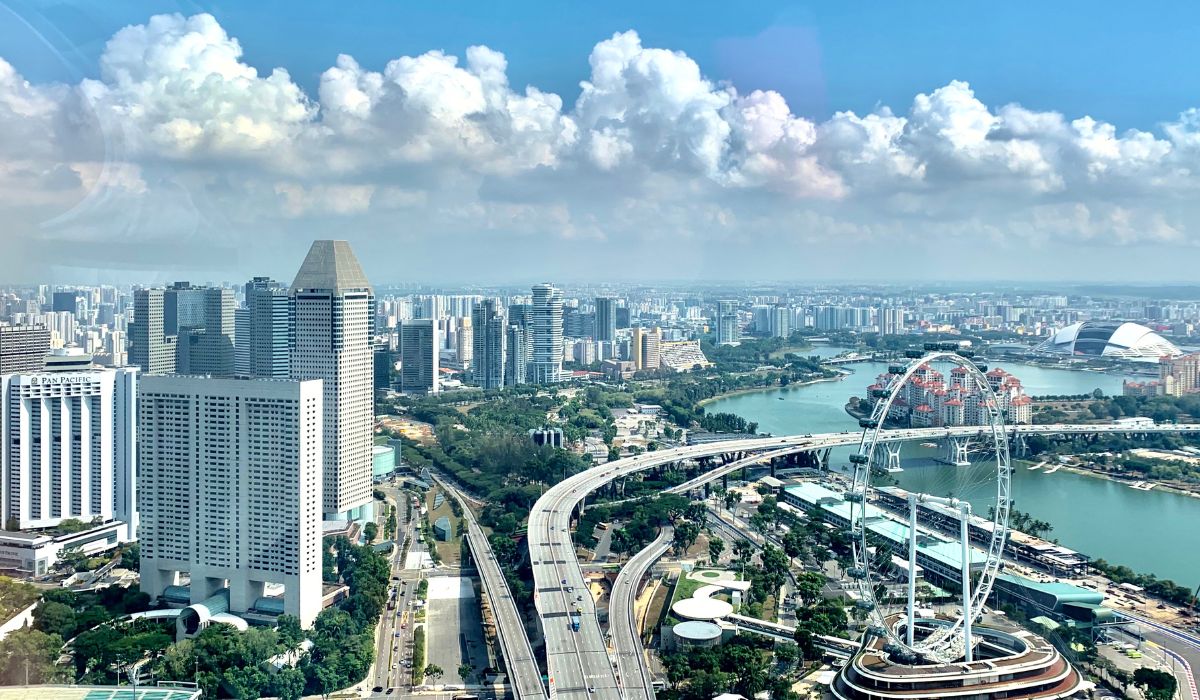Proposed law targets critical entity investments in Singapore
Singapore announced plans to propose a new law aimed at managing significant investments, both local and foreign, into entities crucial for the country’s national security interests, revealed the Ministry of Trade and Industry (MTI) on 3 November.
The forthcoming Significant Investments Review Bill, set for introduction during the upcoming parliament sitting, will mandate that entities identified as critical notify or obtain approval from authorities for changes in ownership or control, among other measures.
This proposal is in response to the need for enhanced scrutiny and regulation of crucial sectors, aligning with the strategies of various nations that have recently introduced or reinforced measures to subject foreign investments in pivotal sectors to heightened scrutiny.
The proposed investment management regime is designed to focus on a select group of entities that are either inadequately regulated or not regulated at all under existing sectoral laws.
While Singapore currently relies on sector-specific laws to regulate entities in certain sectors like telecommunications, banking, and utilities, the new bill aims to identify and manage only those entities that are not adequately covered by existing legislation.
According to Trade and Industry Minister Gan Kim Yong, this entity-based approach will balance meeting national security interests while minimising any negative impact on businesses and investors.
“We have specific legislations … but because of the increasingly complex economic environment, it is important for us to take a broader view on how we can effectively manage the risks that arise from some of these critical entities that may not be covered adequately by existing sectoral legislations, or some of them may not be covered at all at the moment,” Gan said.
“They may be governed from the point of view of licensing regulation or contracting conditions but in a situation where an emergency crisis may arise, it may not be adequate for us … to ensure their continuity.”
“It is therefore important for us to relook at the overall landscape and see how we can be more effective in managing the risk that may arise from these significant investments.”
How it will work
Under the proposed investment management regime, entities will be identified as critical if they are incorporated, formed, or established in Singapore, conduct operations in the country, or provide goods and services within the nation.
These designated entities will need to adhere to ownership and control requirements, ensuring that changes in ownership or control are notified or seek approval.
The law will empower authorities to intervene in the event of national security concerns or disruptions in essential services.
The proposed legislation that was developed in consultation with industry representatives is designed to be business-friendly, with established processes for reconsideration requests and appeals. It emphasises the government’s commitment to remaining open and connected to the world while bolstering Singapore’s position as a trusted hub for businesses.
“The signalling effect that this law is nationality agnostic is significant and will be appreciated,” said Choi Shing Kwok, director and chief executive officer of the ISEAS-Yusof Ishak Institute.
Analysts and industry representatives noted that the proposed law’s entity-based approach signals Singapore’s continued openness to foreign investments, ensuring that regulatory measures do not appear xenophobic or protectionist. Furthermore, the new entity-based approach offers regulators “greater flexibility.”
It’s expected to offer clarity and certainty for investors, ultimately enhancing Singapore’s appeal while aligning the nation with global investment screening trends. That said, it’s not expected to impact the Lion City’s attractiveness to foreign investors.
“I see this as really part of that due diligence process … it could even be beneficial because if the process is clear and transparent, it gives businesses a form of certainty and clarity, and that (means) a better environment for investments,” explained Benjamin Ang, head of the Centre of Excellence for National Security at the S Rajaratnam School of International Studies (RSIS).
Agreeing to the same point, Kok Ping Soon, CEO of the Singapore Business Federation (SBF), shared that Singapore’s move is “par for the course” as other countries have also introduced investment screening measures.
“You can actually say that such investment screening measures are just par for the course and increasingly very common in the global investment community,” he said.
“In fact, I will say that the introduction of this regime actually increases investors’ confidence in Singapore, because now we have adequate levers to ensure the security, as well as the reliability of critical entities that are supportive of our Singapore economy,” he added.
Details on the implementation process, response timelines, and designation criteria remain crucial for businesses seeking clarity and fairness in the new regime.







